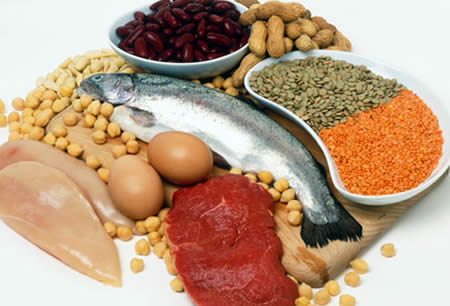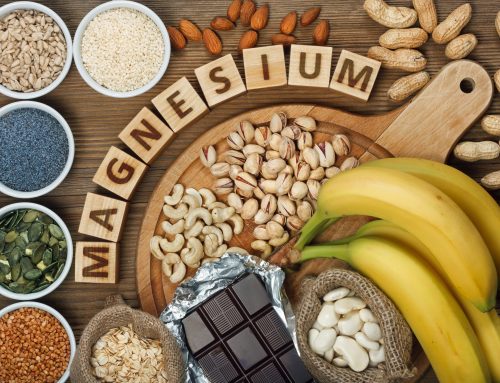When most people think of protein, they think of meat, whilst meat is a protein source, when I think of protein I think of amino acids. When you consume protein, whether it is meat, legumes, vegetables and even dairy, your digestive system breaks down the food into tiny molecules called amino acids.
The body uses amino acids for nearly everything. You should consider them the basic building blocks of your body, like you would the foundations of a house. They help with:
• Production and maintenance of structural proteins that provide structure, repair and support to the muscles, connective tissues, hair, skin, and nails.
• Production of enzymes; compounds that participate in thousands of chemical reactions within the body.
• Production of hormones, such as the thyroid hormones and those involved in blood sugar maintenance.
• Carrying various substances to body tissues.
• Production of antibodies, which play a critical role in our immune system by attaching to the bad guys so they can be destroyed.
There are nine essential amino acids, meaning the body cannot produce these, they must be obtained from the diet. Meat proteins are considered the closest to a complete protein source (provide all nine essential amino acids). If you don’t eat meat, for whatever reason, you can still receive your daily protein requirements by consuming a mixture of vegetarian protein sources.
What is important to understand is how much protein you need to eat each day to meet your body’s daily requirements. An average person needs between 0.8-1.2g / kg of body weight. So for example, if you weigh 70kgs you need about 56-84g of protein each day. Here is a small list of common foods and the amount of protein within 100g of these foods:
Tempeh: 23g
Egg: 12g
Red kidney beans: 6g
Lentils: 7g
Fish: 15-20g
Beef, Lamb, Chicken and Pork: 20-30g (depending on the cut of meat)
Almonds: 19g
Peanuts: 24g
Cashew: 17g
Green peas: 5g
Mushroom: 3g
Raw garlic: 6g
Raw broccoli: 4g
So as you can see, protein is essential to every day life and should be consumed every day and at every meal. If you’re unsure whether you’re getting enough or just want some more advice, contact the team at Neurohealth Chiropractic.
If you would like more information or would like to book an appointment at Neurohealth Chiropractic – please call the clinic on 9905 9099 or email us admin@neurohealthchiro.com.au or fill in the contact form from our website www.neurohealthchiro.com.au
Sign up to receive Neurohealth Chiropractic’s Free monthly health newsletter on the Right Hand Side of this page. Filled with great information and lots of easy health tips to keep you at Optimal Health!




